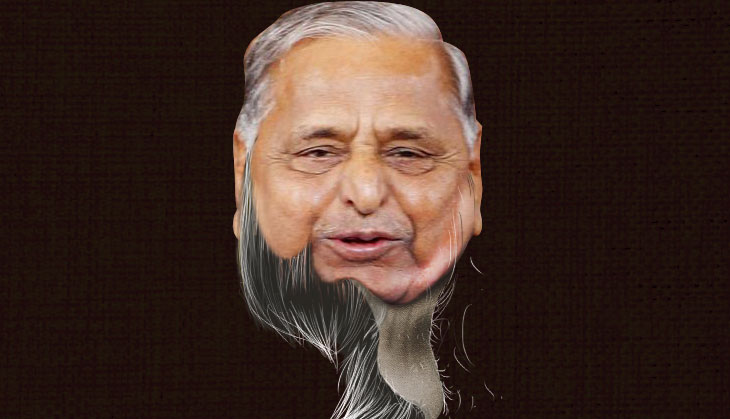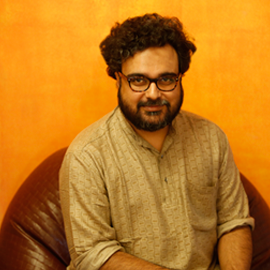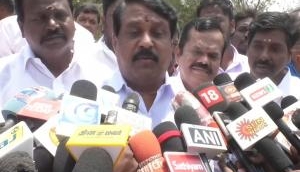Poor bargain: Mulayam is alienating Muslims. Here's how

The Samajwadi Party has announced seven nominees for the Rajya Sabha, and not one is Muslim. Even its candidates for the Legislative Council, the Upper House of the assembly, include only one Muslim.
This has drawn strong criticism from the Muslim community, and from within the party as well.
The party was already under fire for promising 18% reservation to Muslims in Uttar Pradesh. It had announced the same measure a year ago, and then as now, had been called out for promising what it could not deliver. The quota would breach the constitutional limit on reservations.
"It is not possible and the Samajwadi Party knows it. They know they are losing the trust of the Muslim community, so out of desperation, Mulayam Singh Yadav is making these hallow announcements," said Munkad Ali, a senior BSP leader.
It says something about our contemporary polity that this anger is directed at a party that has been seen as a well-wisher of Muslims since the Ram Mandir movement of the early 1990s. Mulayam had become a messiah of Muslims when, as the chief minister of UP, he had acted to prevent the Babri Masjid from being demolished. (It was razed later during the rule of BJP's Kalyan Singh.)
It earned Mulayam the trust of the Muslim community, which banded with his original Yadav community to give the SP the formidable Muslim-Yadav vote block.
Also read: Bloody record: Is 'secular' SP more communal than the BJP?
Now, the MY combine is disintegrating. The SP lost much of its goodwill with the Muslims when the Akhilesh Yadav government failed to stop the riots in Muzaffarnagar despite clear warnings, and then made half-hearted efforts to provide relief and rehabilitation. The disgraceful handling of the Dadri lynching only deepened the Muslims' disappointment with the party.
The community now appears to be gravitating towards Mayawati's BSP, for good measure too, many argue, as the latest Rajya Sabha candidates list has only confirmed their fears.
"There were several names, including Sahid Manzoor, Fareed Kidwai and Aziz Kureshi, that were proposed by various SP leaders, but they were not able to gain the candidature for the Rajya Sabha," said an SP leader.
The candidates were chosen by the party's parliamentary committee, but not without opposition. Ram Gopal Yadav reportedly opposed the nomination of Amar Singh, while Azam Khan is said to have told Mulayam, "I do not agree with the decision but this is your party after all."
A leader in the SP said Amar Singh was brought in to give the party "a big Thakur face before the assembly elections next year". "It will work well in favour of the party. We now have Beni Prasad against Nitish Kumar, and Amar and Revati Raman Singh against the BJP's Rajnath Singh."
A Muslim leader, however, disagreed with this logic: "Even if Amar Singh was really needed to be sent to the Rajya Sabha, there was enough scope to add a few Muslim names in the list."
By promising reservation to Muslims on one hand and working to deny them legislative representation on the other, Mulayam wants to have all cards in his hand. That's not only hypocritical, it's also unviable.
Edited by Mehraj D Lone
Also read: From 'Maulana Mulayam' to Hindu 'Hriday Samrat': the SP makeover
First published: 19 May 2016, 12:57 IST






![BJP's Kapil Mishra recreates Shankar Mahadevan’s ‘Breathless’ song to highlight Delhi pollution [WATCH] BJP's Kapil Mishra recreates Shankar Mahadevan’s ‘Breathless’ song to highlight Delhi pollution [WATCH]](https://images.catchnews.com/upload/2022/11/03/kapil-mishra_240884_300x172.png)

![Anupam Kher shares pictures of his toned body on 67th birthday [MUST SEE] Anupam Kher shares pictures of his toned body on 67th birthday [MUST SEE]](https://images.catchnews.com/upload/2022/03/07/Anupam_kher_231145_300x172.jpg)






